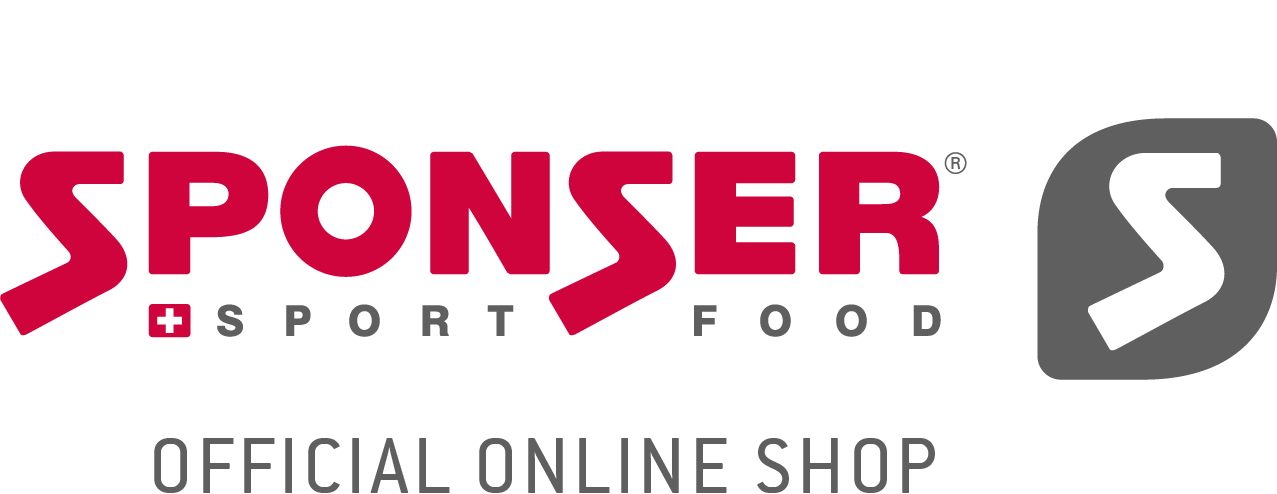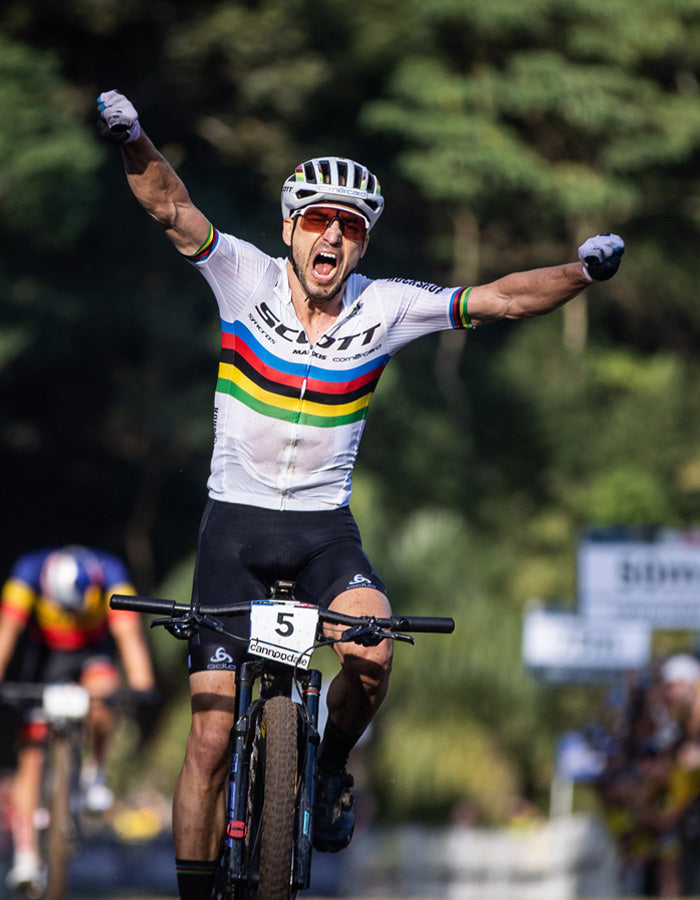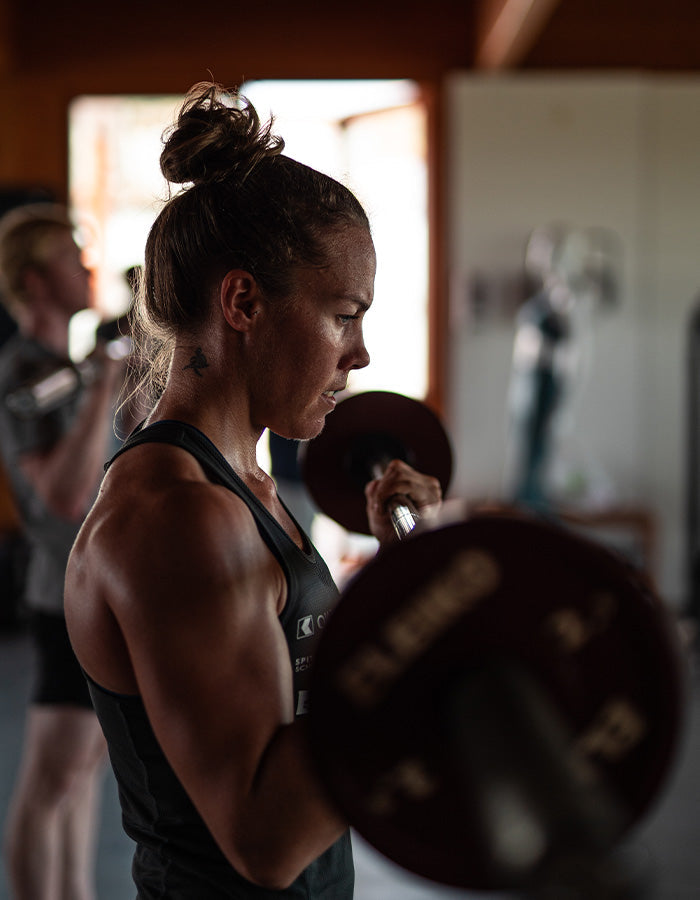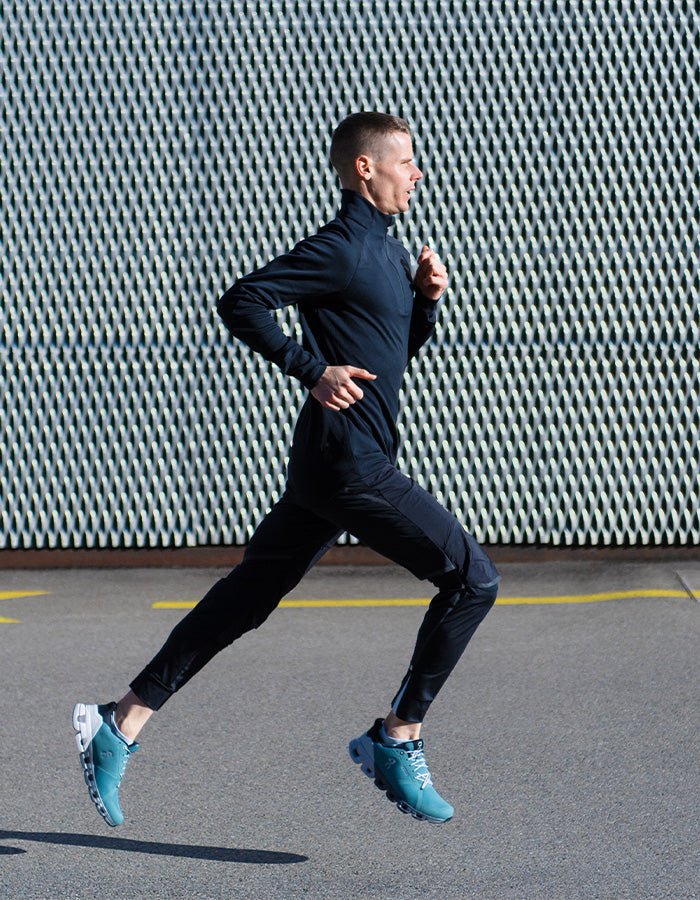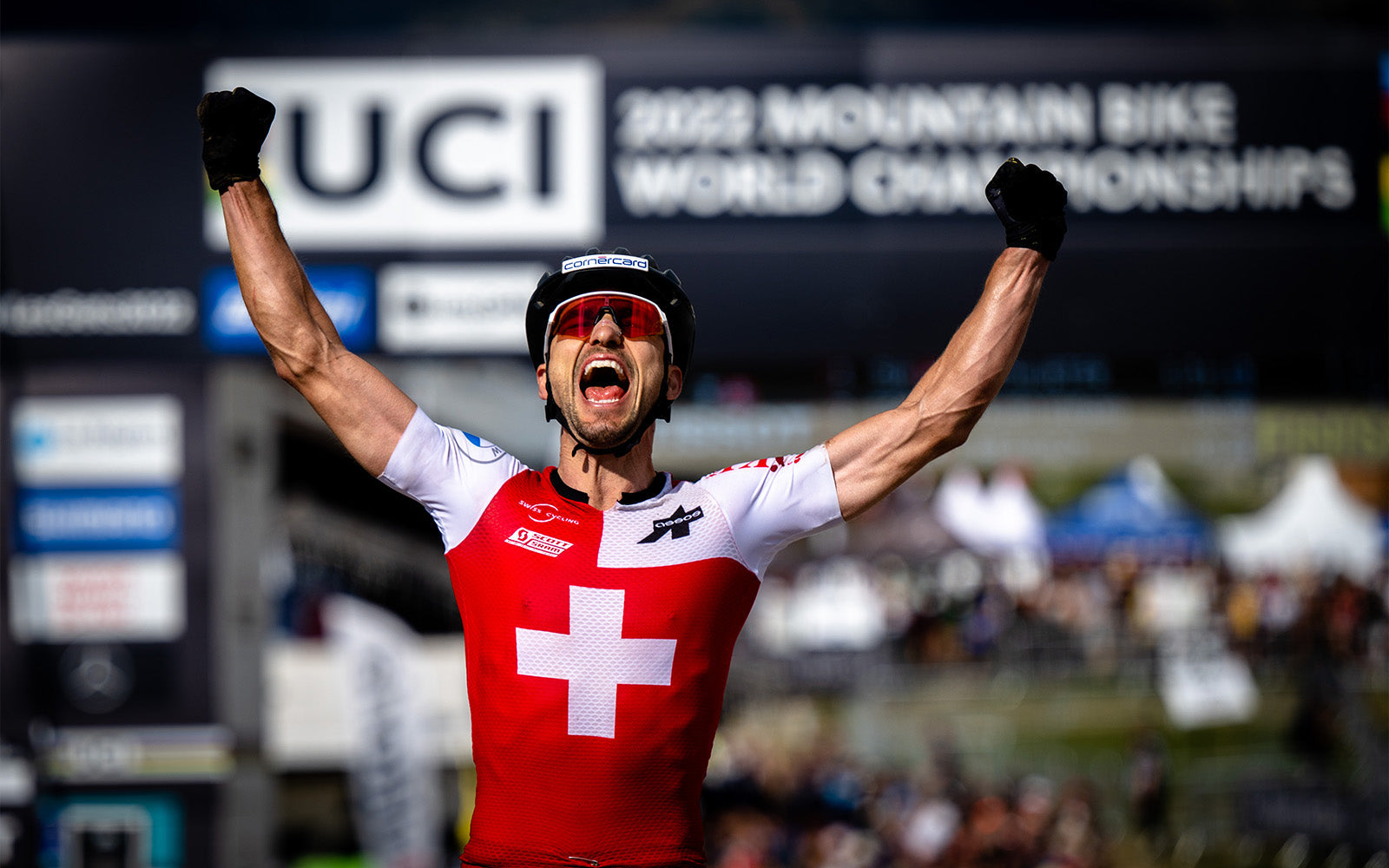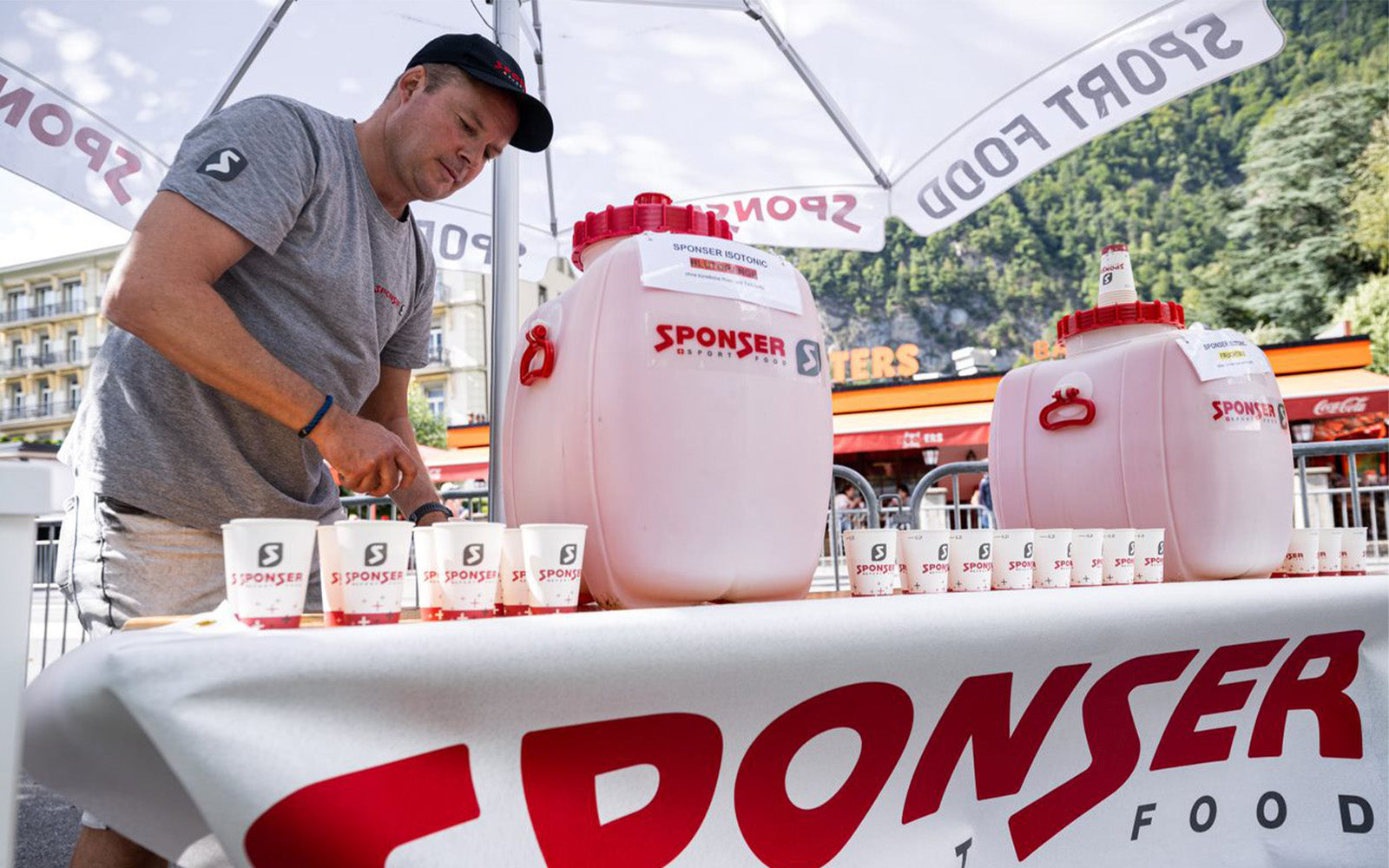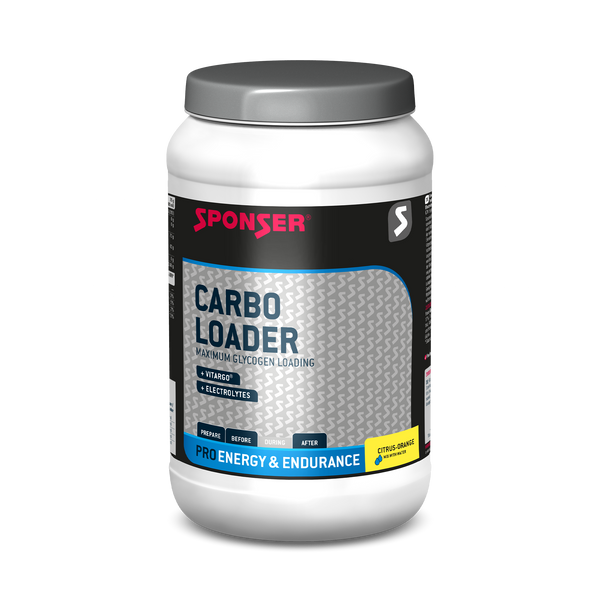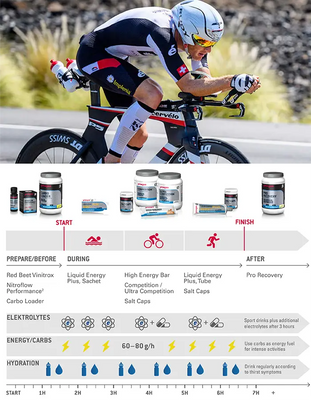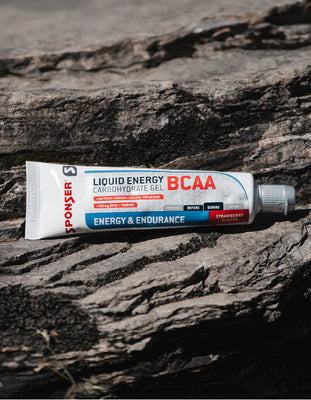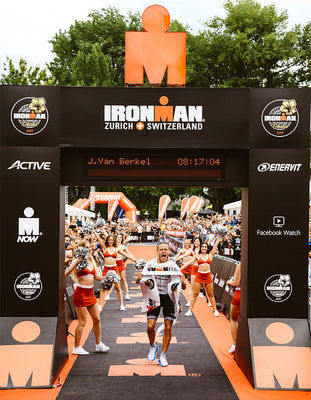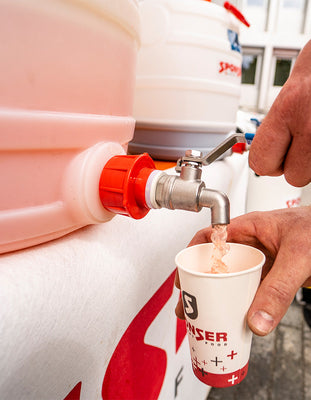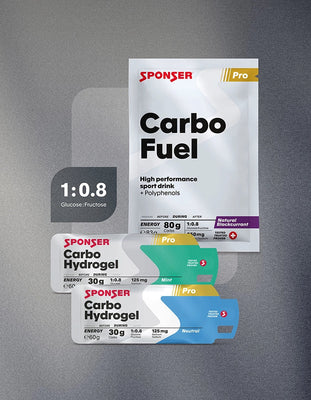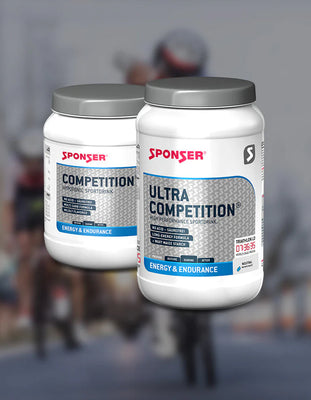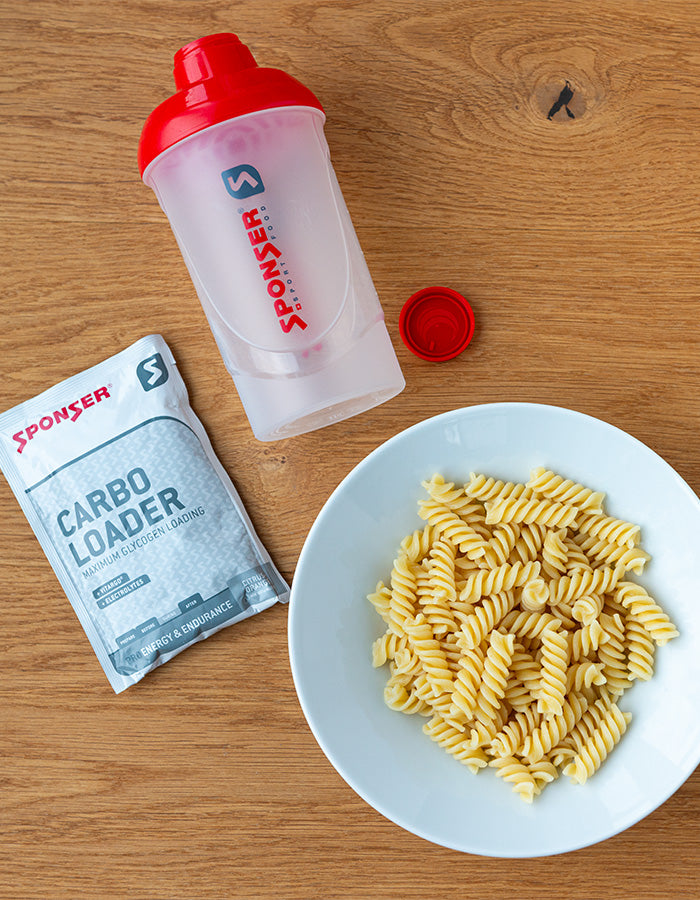
Photo credit: SPONSER SPORT FOOD AG
Dos and don'ts when it comes to fuelling your carbohydrate stores
Carbo-loading is the intake of as many carbohydrates as possible in order to maximise the glycogen stores in the muscles and liver in the days before an endurance exercise. The aim is to prevent a drop in performance or at least delay it as much as possible.
Which carbohydrates are suitable for carbo-loading?
Theoretically, you can carb load with all types of carbohydrate sources before a competition or longer sporting activity: Coke, rye bread, potatoes, bananas or even jellies consist almost exclusively of carbohydrates. In practice, however, it has been shown that the speed of digestion, individual tolerance and the influence on blood sugar levels also play a central role in carbo-loading before exercise.
The problem with the classic pasta party as a carbo-loading on the evening before a competition is, however, that the required amount of carbohydrates needed for optimal loading can hardly be covered with normal food such as pasta, rice, potatoes etc. Furthermore, the quality of sleep may suffer if the stomach has to digest large quantities before going to bed. This is where CARBO LOADER comes into play.
CARBO LOADER from SPONSER: for efficient, highly digestible carbo-loading in sport
Our CARBO LOADER is a highly concentrated carbohydrate-electrolyte solution that has been particularly developed to efficiently replenish carbohydrate stores before the competition day. The carbohydrates it contains replenish energy stores, while the various electrolytes support hydration. Thanks to CARBO LOADER, the necessary amount of carbohydrates can be consumed before the competition without burdening the stomach or causing a feeling of fullness. Ideal in the last few days before an endurance competition such as cycling, marathons, triathlons, cross-country skiing, trail running, Ironman, ski tours etc., but also in training camps.
CARBO LOADER contains electrolytes, various types of sugar and is free from free fructose. It contains also VITARGO™, a patented carbohydrate made from waxy maize starch with a molecular weight around 100 times higher than that of maltodextrin. This results in a very low osmolality, so that the stomach is less burdened than with the same amount of energy from short-chain carbohydrates. Ultimately, this means comparatively fast digestion and accelerated energy and fluid absorption. CARBO LOADER is also vegan.
What amounts of carbohydrates are beneficial for effective carbo-loading?
Science recommends between 10-12 g of carbohydrates per kg of body weight per day (1). For an 80 kg athlete, this means around 800-960 g of carbohydrates per day. To cover this amount with a regular nutrition, ten large plates of pasta would be necessary (150-200 g durum wheat semolina pasta without egg = 75-100 g carbohydrates) (2). It is easier and avoids feelings of satiety and fullness if a portion of CARBO LOADER is consumed with every meal of the day. One portion of CARBO LOADER in prepared form (75 g in 300 ml of water) provides 72 g of carbohydrates, which is equivalent to a large plate of spaghetti. Four servings per day are recommended, ideally after breakfast, lunch and dinner and before bedtime.
Does a depletion phase before the competition make sense?
Previously, the so-called Saltin diet or Swedish diet was common practise by some top marathon runners. They deliberately avoid carbohydrates during the preparation weeks and eat according to the low-carb principle, only adding carbohydrates again shortly before the start. The idea behind this diet is that it encourages the body to store more carbohydrates than with «normal» carbo-loading. However, further research has shown that a depletion phase is not necessary at all (2).
Literature
1) Bussau VA et al. (2002): Carbohydrate loading in human muscle: an improved 1 day protocol. Eur J Appl Physiol. 2002 Jul;87(3):290-5.
2) Hot Topic «Carbo-loading» V2.4, by: Swiss Sports Nutrition Society.
